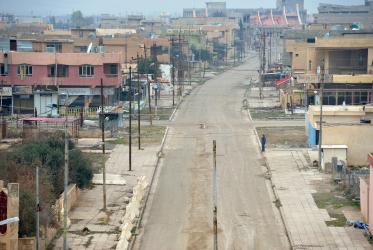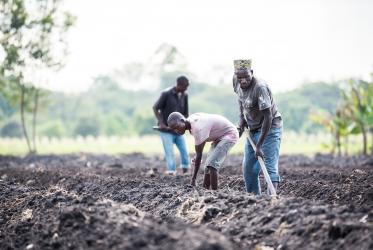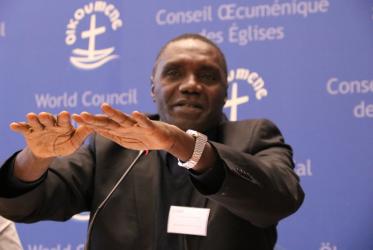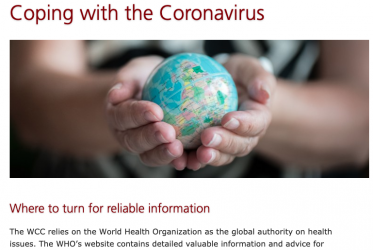Displaying 1 - 20 of 50
Healing Together
A Facilitator’s Resource for Ecumenical Faith and Community-Based Counselling
15 October 2020
A faith-based, holistic approach to HIV and AIDS-care
13 March 2019
Agreement works toward food security in South Sudan
23 February 2019
WCC welcomes new staff
06 November 2018
Worrying food shortages compel faith action
19 October 2018
G7 must address famine
22 May 2017
















